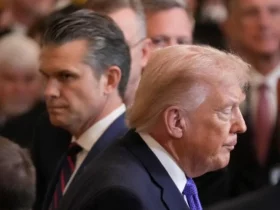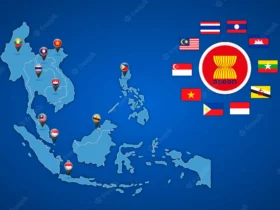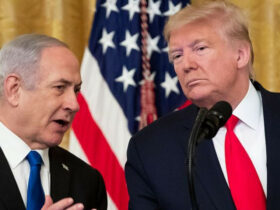Turkey’s Foreign Minister Mevlut Cavusoglu said on February 21 that two Turkish prospecting vessels would get down to geological exploration of oil and gas deposits off the shores of Cyprus shortly. Ankara will thus demonstrate that any prospecting in the area can be done only with Turkey’s consent, Cavusoglu said. He also indicated that Turkey is not going to allow any actions in the area that would run counter to its interests in the Mediterranean.

Let’s recall that a large oil and gas deposit was discovered to the southeast of Cyprus several years ago. The Cypriots began exploration drilling on the shelf in the autumn of 2011. Ankara demanded that geological prospecting be stopped, as it believed that it had the right to develop the deposits upon permission from the authorities of the Turkish Republic of Northern Cyprus. The Turkish officials also threatened the Cypriot authorities with a possible dispatching of naval ships to escort Turkey’s own exploration vessels. And a year ago Turkish Navy blocked a drilling rig of the Italian corporation Eni off the Cyprian shore. The rig’s crew was expected to survey the oil and gas reserves in the exclusive economic zone of the island under an agreement with the Cypriot government.
The most recent statements had especial significance, as Ankara aired them on the eve of a conference of the leaders of both Cypriot communities, scheduled for February 26, and in the light of a related surge of hopes for a resumption of talks between the island’s Greeks and Turks. The statements also mattered on the background of the Cypriot Foreign Minister Nicos Christodoulides’s visit to Moscow last Friday.
The reaction that Moscow offered to the current situation in Cyprus deserves attention, too. Russian Foreign Minister Sergey Lavrov said the existing system of external guarantees to security in Cyprus didn’t tally with the reality of nowadays or with the international legal status of the island.
He said at the same time Moscow remained committed to the all-embracing, fair, durable, and a viable solution the Cyprus problem. Russia proceeds from the conviction that the inter-community talks should be resumed on the basis of effective resolutions of the UN Security Council and any changes to the groundwork for negotiations can be made only pursuant to their endorsement by the Security Council. In addition, Russia doesn’t see any grounds for altering the mandate of the UN peacekeeping units in Cyprus at present. Hence it calls on the parties concerned to refrain from exploiting the issue.
On the other hand, Nicos Christodoulides said at the talks with Mr. Lavrov he would like to see the latter man’s assistance to the continuation of the talks on settling the Cyprus problem in a hope that this would help resume the negotiations as of the point where they were broken off during the previous round in Crans-Montana, Switzerland.
In the meantime, discontent is growing in both Cypriot communities with the new circumstances complicating the problem, the basic outstanding elements of which are still unresolved. It is equally clear that the main hitch for this absence of resolution lurks in the very system of ensuring external security guarantees for Cyprus, which envisions the deployment of the armed units of three countries – the UK, Turkey, and Greece – on the island beside the UN peacekeeping force.
Given then incumbent highly complicated situation in the eastern Mediterranean in the wake of the events in Syria and the rise of new tactical alliances in connection with the attempts to settle the Syrian crisis, as well as the exploration and development of new hydrocarbon deposits in the area, one can assume that a new configuration will take shape there. It will aim to solve just one specific issue, namely, the Cyprus problem. And it is easy enough to foresee a more important – quite possibly, mediatory – role that Moscow will be playing in the new layout. Just recall how noticeably it has stepped up its efforts in the solution of various issues related to the eastern Mediterranean recently.

















Leave a Reply